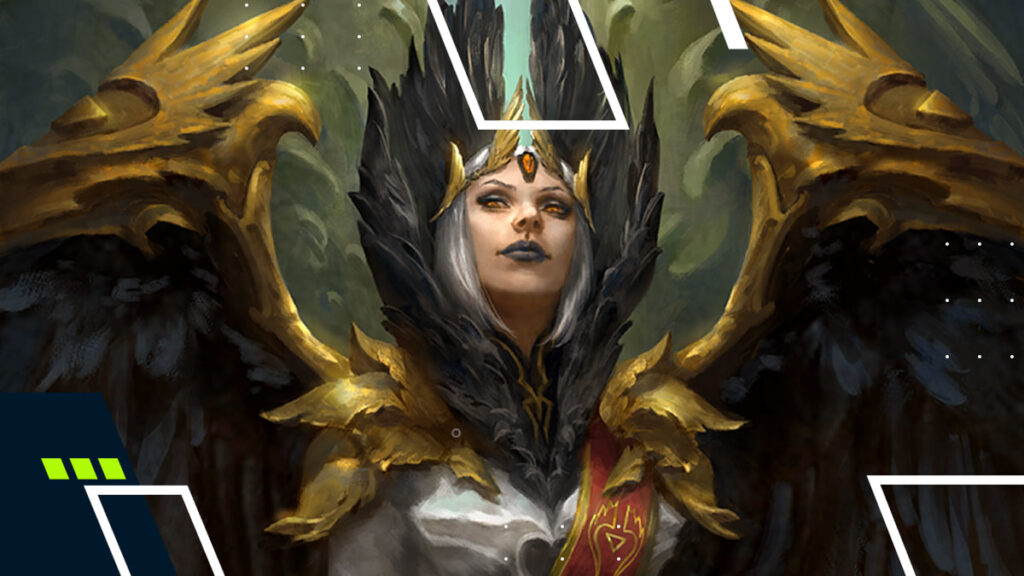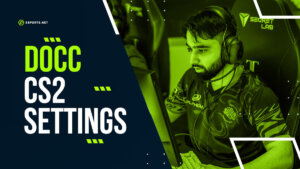VALORANT Sova Guide – Channel those Legolas vibes with style
Valorant’s Russian Agent Sova is one of the most efficient Initiators in the game. Not only is he good at gathering information, but he’s also capable of singlehandedly eliminating enemies with his Fury.

If you want to know how to use Sova in Valorant, you need to immerse yourself into the complexity of the game. A strong game sense, knowledge of angles to take advantage from, map awareness and proficient aim are the key to becoming the Ultimate Hunter.
In this Valorant Sova Guide, we will give you all the necessary Valorant Sova tips and tricks to help you start off your Sova journey.
Sova VALORANT Skills Breakdown & Pro Tips
While the typical Valorant Sova gameplay might seem quite straight-forward, he is actually a hard nut to crack when it comes to mastering him. He is one of the OG initiators, and while Fade has stolen his thunder, he is still one of the more coveted picks in Valorant Ranked play.
(C) Owl Drone
- Cost: 400
- Duration: 7s
- Health: 100 HP
- Dart cooldown: 5s
- Reveal Duration: 0.8s twice
Sova equips an Owl Drone, allowing you to take full control of the drone and scout the areas around you. While using the drone, you’re able to shoot a marking dart. If you successfully mark an enemy with the dart, their location will be revealed to you and your team. His drone is quite easy to control and can have an overwhelming impact.
Sova’s drone allows him to scout angles from a safe distance, making it a great tool when you’re about to enter a site. Droning your way into the enemy site will, more often than not, give away the enemy position and warn your teammates on where to expect the enemy from.
One way to make great use of Sova’s drone is to combine it with his ultimate. Though it takes a lot of practice to correctly pull it off, it more than makes up for it. Successfully marking an enemy with your drone allows you to finish them off with your ultimate. While their location is revealed, pull out your ultimate and track them, firing away!

(Q) Shock Bolt
- Cost: 150
- Damage: 10-75
Sova equips his bow and a shock dart which he can fire at his enemies for an explosive effect. Holding down the Primary Fire button can extend its range while Secondary Fire allows you to add up to two bounces to his arrow. Upon collision, his Shock Bolt damages all players that are nearby. Players in the centre take the most damage.
Shock Bolt has the means to force enemies out of key chokepoints, ensure retakes and even cover spikes during any post-plant situation, especially if you manage to scan your enemies beforehand. Since his arrows have a bounce mechanic, one of the most crucial Valorant Sova tips is to not shy away from custom games and practise all the ways and angles you can take advantage of.
One of the fun, but also very effective Valorant Sova tricks is to use your Shock Bolt to delay a defuse.
Pro tip: When on top of the spike, shoot your arrow straight upwards with max range and max bounces. This method is capable of delaying the spike defuse for up to 20 seconds.
(E) Recon Bolt
- Duration: 5.6s
- Pulses: 3, every 1.8s
- Reveal duration: 1s
- Cooldown: 40s
Sova equips his bow with a Recon Bolt. Same as with his Shock Bolt, you can extend its range and add up to two bounces to it. Once fired, the Recon Bolt will activate upon collision, scanning the surroundings and revealing the location of nearby enemies (in its line of sight) with each pulse. Enemies are able to destroy the Recon Bolt.
Due to its long range and the ability to bounce, his recon bolt is a great information gathering tool. Whether you want to scan a site before entering, scan corridors and chokepoints the enemy is pushing through or shooting it further away to scan possible rotations; you’re required to know your maps and angles to make the best out of it. Even if the enemy destroys your bolt before it’s able to reveal them, it still gives you information that there is at least one enemy in the area.

Using the bolt as a distraction is also a way to utilize it. With certain line-ups, you’re almost able to shoot it across the map, making the enemy think you’re about to come from one side while you’re making your way onto the site on the other side.
Since the enemy is always gonna look to destroy your bolt, shooting it and peeking right after might just catch the enemy off guard. If the enemy is busy tracking the bolt in order to destroy it, you can swoop in and get a frag.
If you’re lucky or precise enough, your Recon Bolt can also attach itself onto an enemy. In such a case, the enemy can’t destroy the bolt by themselves and will reveal their location and surroundings wherever they go.
(X) Hunter’s Fury
- Cost: 8 ultimate points
- Damage: 80
- Range: 66m
- Reveal duration on hit: 1.2s
- Duration: 6.5s
Sova equips a bow with three energy blasts that can pierce through walls. Fire to shoot out your energy blasts in a straight line for up to three times. Each shot deals damage and reveals the enemy if they’re caught in its area of effect. When you equip your ultimate, you’re able to rotate and aim, but once you start charging a blast Sova stays stationary. The only way to cancel your ultimate is to either use all the blasts or re-use it by pressing X.
Two hits onto the enemy guarantees a kill. Every successful hit reveals the enemy for a brief moment, giving you an idea of where they might be running to. Always make sure to pay attention and reposition your next shot visely. Never shoot too quickly since, as mentioned, when charging Sova remains stationary while the enemy keeps moving.
Since each blast is able to pierce more than one enemy, they can have a devastating effect on the enemy when paired with stuns and concussing abilities. Letting a fellow Breach ult through the enemies while they’re pushing, allows you to vaporise them.
Take Flight, Take Count, Take Heads
Fully mastering Sova is no piece of cake. You must have strong map awareness and proficient aim. Learning all the ways you can manipulate the maps and their angles to your advantage is the key to becoming a ruthless hunter. Practising line-ups and strategies will grant you the ability to scan your way up the ladder.
This Valorant Sova guide provides you with the necessary components to get you started on your journey.
The question is: Do you have the guts to bring a bow and arrow to a gunfight?















